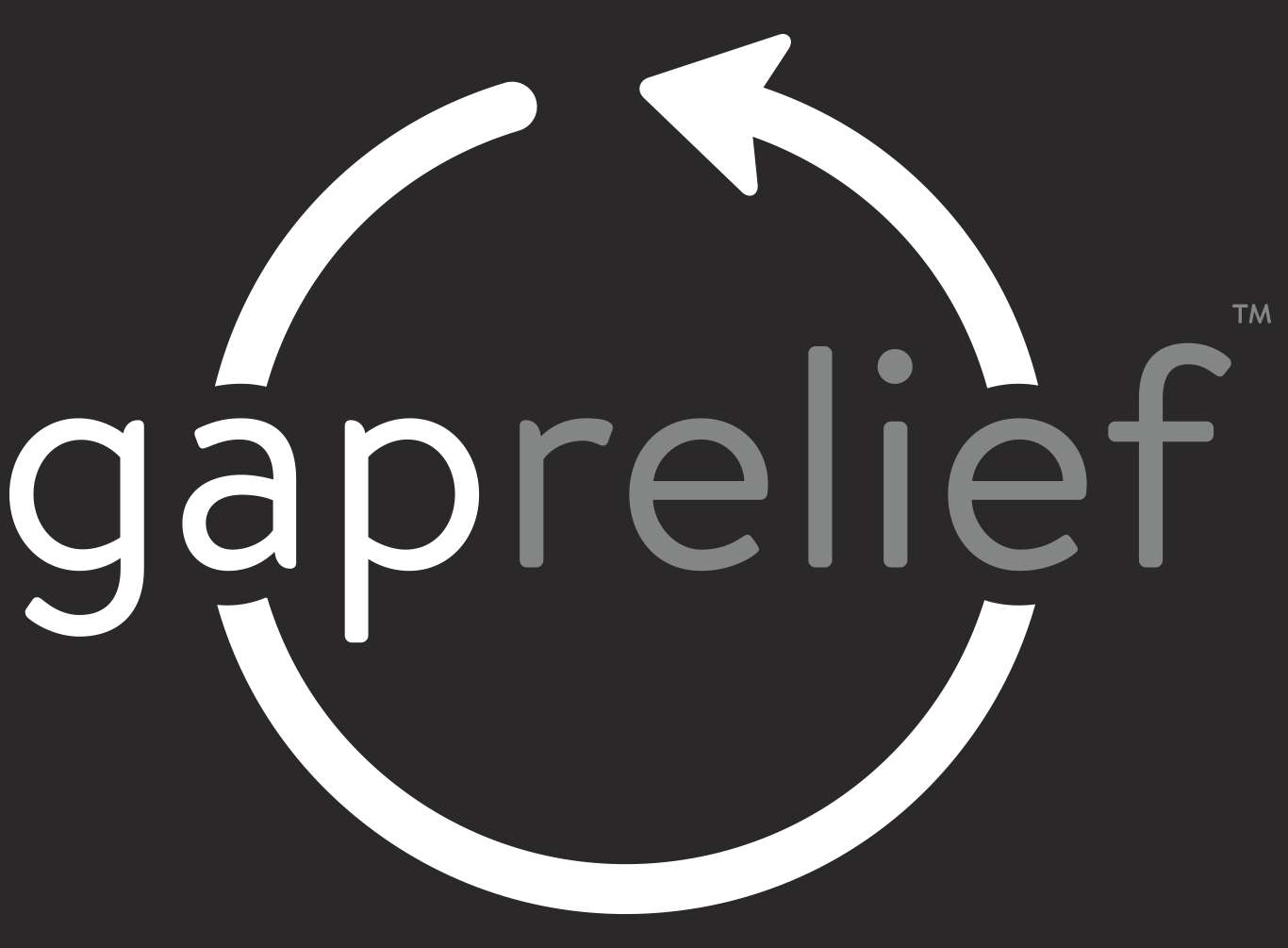What do we mean when we say "Trauma-Informed?"
We are so grateful that this phrase, “Trauma-Informed” is becoming increasingly mainstream as the stigma surrounding mental health and therapy slowly dissolves. It has become a term that is thrown around more and more, but what does it mean when it comes to engaging counseling or other similar resources? What makes someone “trauma-informed?” Is being trauma-informed or engaging trauma-informed professionals imperative to a successful healing journey? We’re going to talk about all of it.
Trauma-Informed Care is a systemic or individual approach that considers the reality that most humans have experienced trauma or significant stressful events at some point in their story, and that some of their current difficulties may be connected to these prior painful experiences. Instead of focusing solely on an individual or group’s current symptoms, a trauma-informed approach will zoom out–considering the origin of the current pain or stress and intentionally honoring these painful experiences while working to release any impact that these experiences may hold for the individual in a present-day reality.
The members of our Gap Relief team have had the opportunity to engage significant training in the realms of trauma resilience and recovery prior to engaging their current Gap Relief work. However, we recognize that many of those we work with are not afforded the same training and equipping experiences prior to their first steps into their work in trauma-impacted sectors as they voluntarily serve and protect our communities.
Without a trauma-informed lens or an understanding of how trauma and significant stress can impact the human psychological and physiological systems, those working in trauma-impacted sectors can experience feelings of shame, isolation, feeling like they are going crazy, and burnout.
We know that repeat exposure to high stress or trauma can lead to high levels of secondary traumatic stress (which can at times mirror the symptoms of primary post-traumatic stress disorder or PTSD). Without an understanding of the impact of trauma, we may misread the signs of primary or secondary traumatic stress– leaving us in a place where we may feel confused about our experience or uncertain of how to seek help or receive potentially life-saving triage. So…how do we solve this problem? What should we be aware of if we ourselves are stepping into a trauma-impacted role, or are looking to seek trauma-informed care?
Here few different perspectives considered through the lens of some of Gap Relief’s sectors to serve as examples:
Adoption
Many foster and adoptive parents come into adoption without a trauma-informed lens or the awareness of the impact that their child’s prior experiences may have on their family. As such, when they receive a placement and the honeymoon period wears off, they are often hit with so much to navigate that they don’t know where to begin.
Nonprofits
Nonprofit workers come into nonprofit work knowing that hardship is out there and wanting to serve and make a difference. However, many are not specifically equipped with the framework to understand or identify the impact of repeated exposure to the stress and trauma that causes a need for their work in the first place.
Law Enforcement
Police officers must remain continually vigilant and aware of potential danger and threats to themselves and those they serve. With this constant vigilance, it is difficult to shift out of this hyper-focus in order to walk out their normal lives outside of their work.
Healthcare Professionals
These men and women see people at the beginning of life, end of life, and everything in between. They see physical trauma, abuse, tragic illnesses, and as evidenced by the recent Covid19 pandemic–intentionally place themselves in potential danger every time they step into their workplace. Med school, nursing school, and training rarely fully prepares them for the invisible pain they encounter.
This is just the tip of the iceberg when considering the importance of a trauma-informed lens and trauma-informed care–especially for those working in high trauma-impacted sectors.
At Gap Relief, we are systemically trauma-informed. From our experienced trauma therapists to our financial director and board of directors, every member of our team approaches their job through a trauma-informed lens. We believe that the heroes we serve who don’t back down from hard things need care too. Not as an afterthought or a last-ditch-effort, but as a vital part of what they do. So behind every helper willingly taking it on, you’ll find us helping to hold them up.

